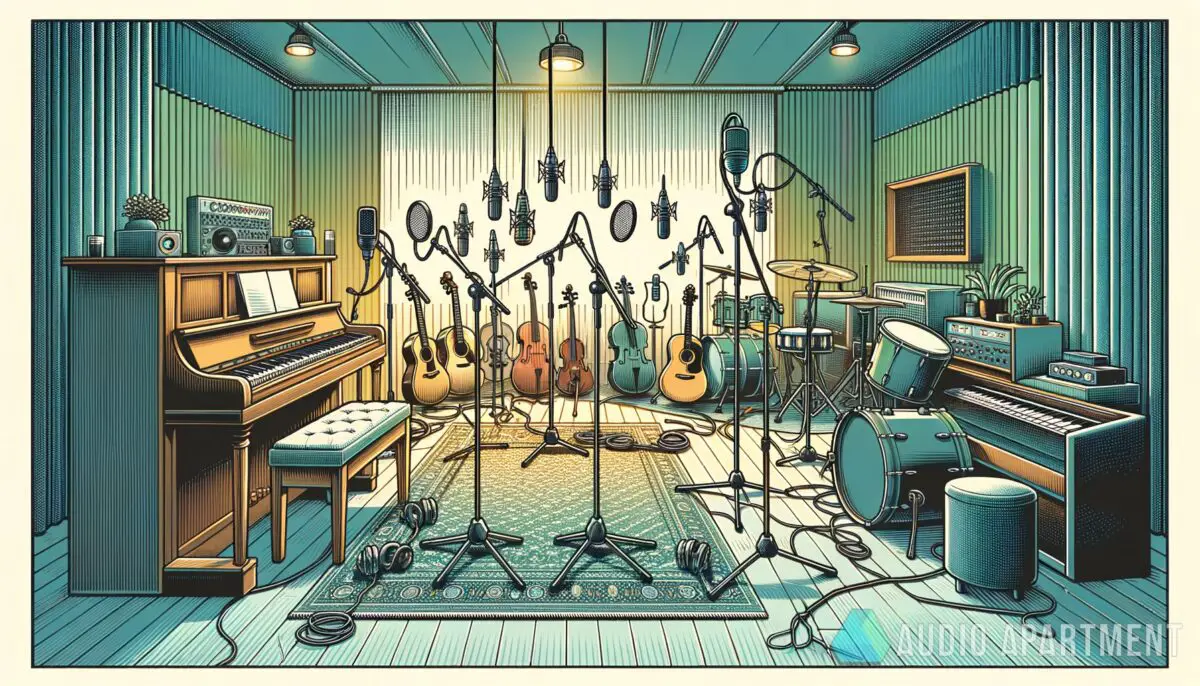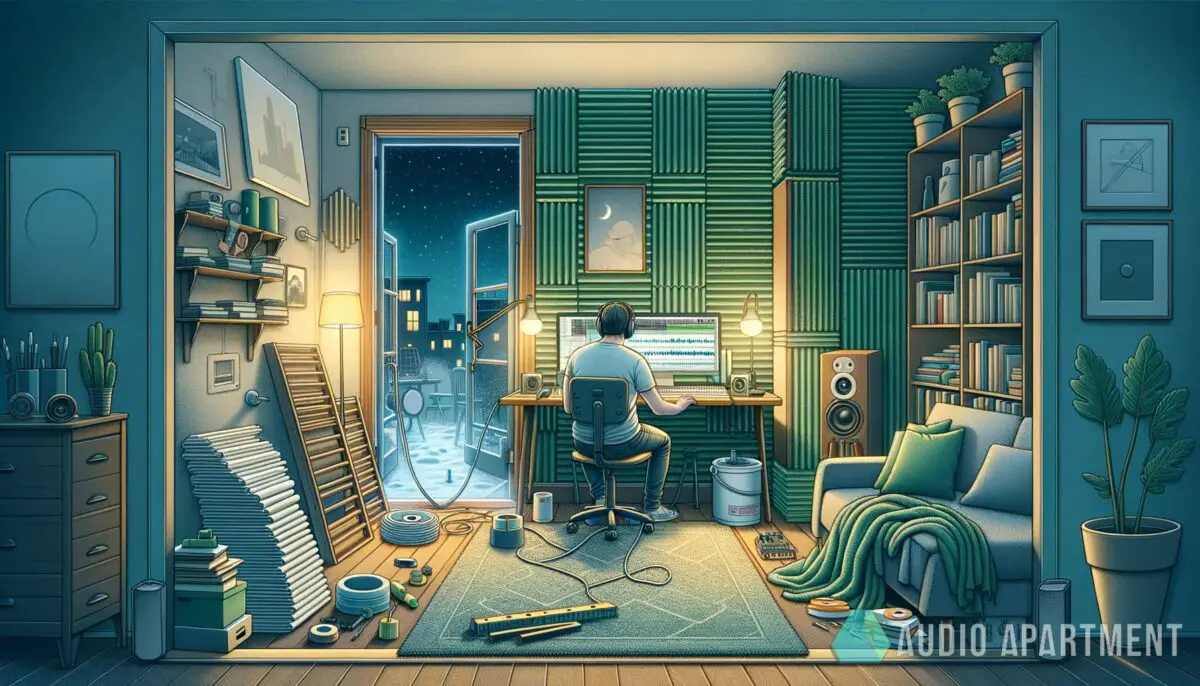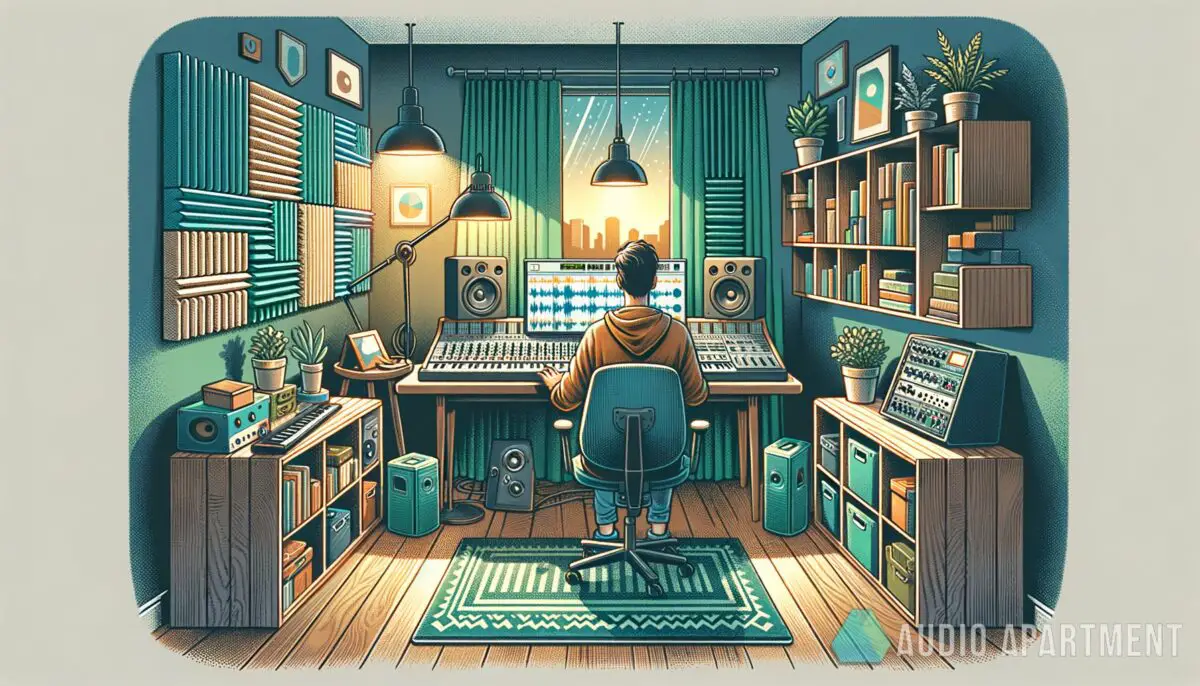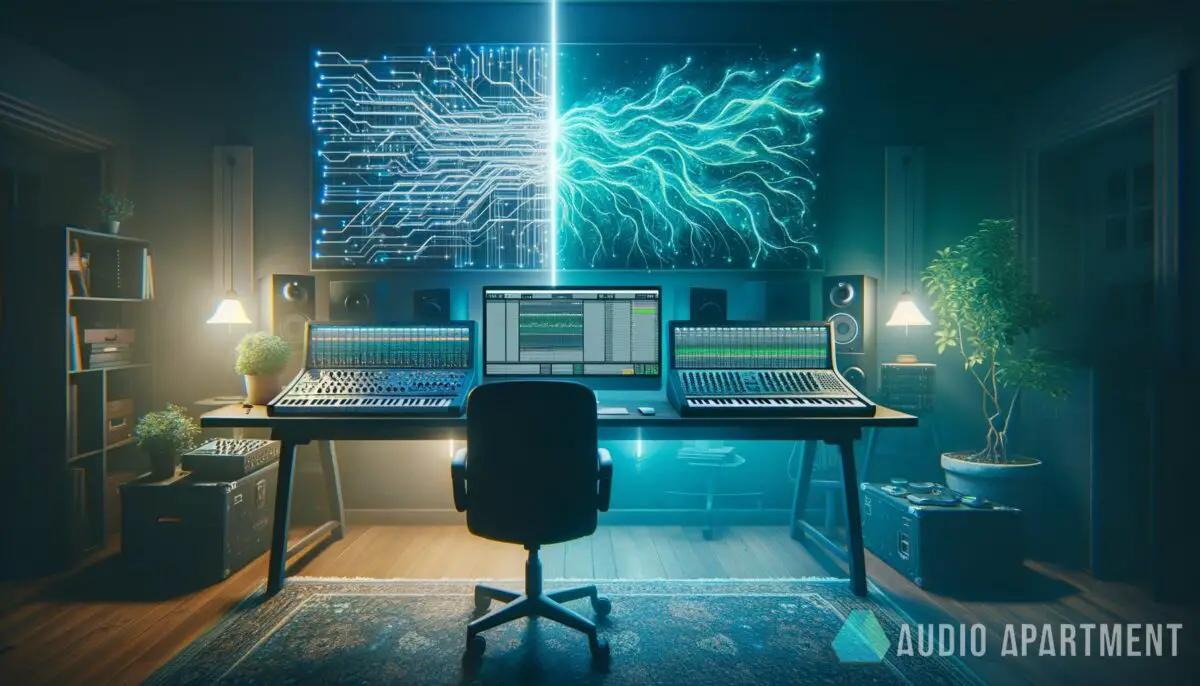Welcome to another mind-bending adventure where we explore the realms of possibility! Today’s great question: Can you use a stereo cable for a guitar? Now, I know what you’re thinking. Is this some audio alchemy? We are about to embark on a journey that will uncover the truth behind this electrifying enigma! In the next section, we’ll unveil the secrets of stereo cables, delve into the intricacies of guitar cables, and compare them in an epic showdown. Are you ready to separate fact from fiction?
Can you use a stereo cable for the guitar? Yes. You can use a stereo cable for your guitar. Using a stereo connection with your guitar rig is safe and has no negative effect on the sound quality of your instrument or your rig. It won’t have much of an impact on the signal at all.
What is a stereo cable?
A stereo cable, also known as a stereo audio cable or a 3.5mm cable, is a cable commonly used to transmit audio signals between various devices. It is characterized by its connector, which typically consists of a 3.5mm (1/8 inch) plug on both ends. This cable is widely used in consumer electronics, such as headphones, smartphones, portable music players, and audio systems.
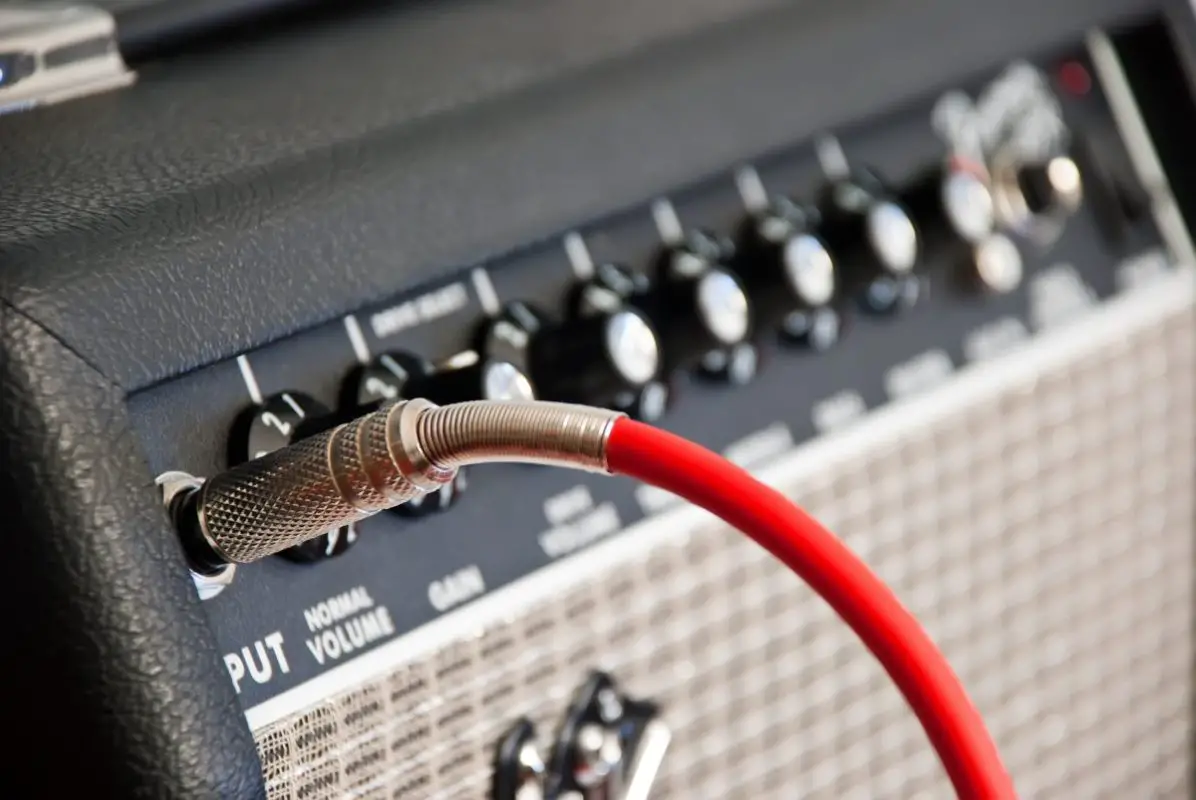
The purpose of a stereo cable is to carry audio signals in a stereo format, which means it can transmit separate left and right audio channels. This allows for stereo sound reproduction, where different audio elements can be heard through the left and right speakers or headphones, creating a sense of spatial audio.
In terms of design, a stereo cable is constructed with two separate insulated wires inside, typically color-coded for easy identification. The wires are responsible for carrying the left and right audio channels independently. The connectors on each end are designed to securely plug into compatible audio jacks or ports, ensuring a reliable connection for audio transmission.
When it comes to connecting a guitar to an amplifier or audio interface,
a dedicated guitar cable is generally recommended.
It’s important to note that while a stereo cable is commonly used for audio purposes, it may not be suitable for all applications. For instance, when connecting a guitar to an amplifier or audio interface, a dedicated guitar cable is generally recommended. Guitar cables are specifically designed to handle the unique characteristics of electric guitar signals, providing optimal tone and minimizing interference.
AKAI Professional MPK Mini MK3

AKAI Professional MPK Mini MK3
Can you use a stereo cable for the guitar?
Using a stereo cable with your guitar rig is safe and has no negative effect on the sound quality of your instrument or your rig. It won’t have much of an impact on the signal at all. Mono-signal or TS (tip-sleeve) cables are the gold standards for guitars. These cables allow only one signal to go down the conductor, but they are shielded against interference by radio frequencies (RF) in the environment.
Most guitars only emit one line of sound. Hence they need to utilize mono-signal cables to connect to an amplifier. A mono cable is needed to connect an electric guitar to the rest of the equipment since the instrument’s sound is monophonic. For this reason, mono cables are often the best option for connecting an electric guitar to an amplifier.
Even though guitars and guitar equipment may employ stereo cables, the balanced signal capabilities of these connections are rarely used. This implies that using a stereo cable for the guitar will make little difference.
Advantages and disadvantages of using a stereo cable on a guitar
The advantages and disadvantages of using a stereo cable on a guitar can greatly impact a guitarist’s tonal possibilities and equipment compatibility. Understanding these pros and cons can help guitarists make informed decisions when selecting cables for their setups.
Advantages of using a Stereo Cable for Guitar:
- Versatility: A stereo cable can be used for connecting a guitar to an audio interface or mixer that has stereo inputs.
- Availability: In situations where a dedicated guitar cable is not readily available, a stereo cable can serve as a temporary substitute.
- Cost: Stereo cables are often more affordable and widely available compared to specialized guitar cables.
Disadvantages of using a Stereo Cable for Guitar:
- Sound Quality: While using a stereo cable won’t cause damage to your guitar or rig, it may not provide the optimal sound quality that a dedicated guitar cable can offer.
- Mono Output: Guitars typically have a mono output, and using a stereo cable won’t enhance the guitar’s sound as it doesn’t make full use of the cable’s balanced signal capabilities.
- Limited Functionality: Stereo cables are not specifically designed for guitars and may not provide the same durability and shielding against interference as dedicated guitar cables.
It’s important to note that while using a stereo cable for a guitar is possible, it is generally recommended to use a dedicated guitar cable to ensure optimal sound quality and performance.
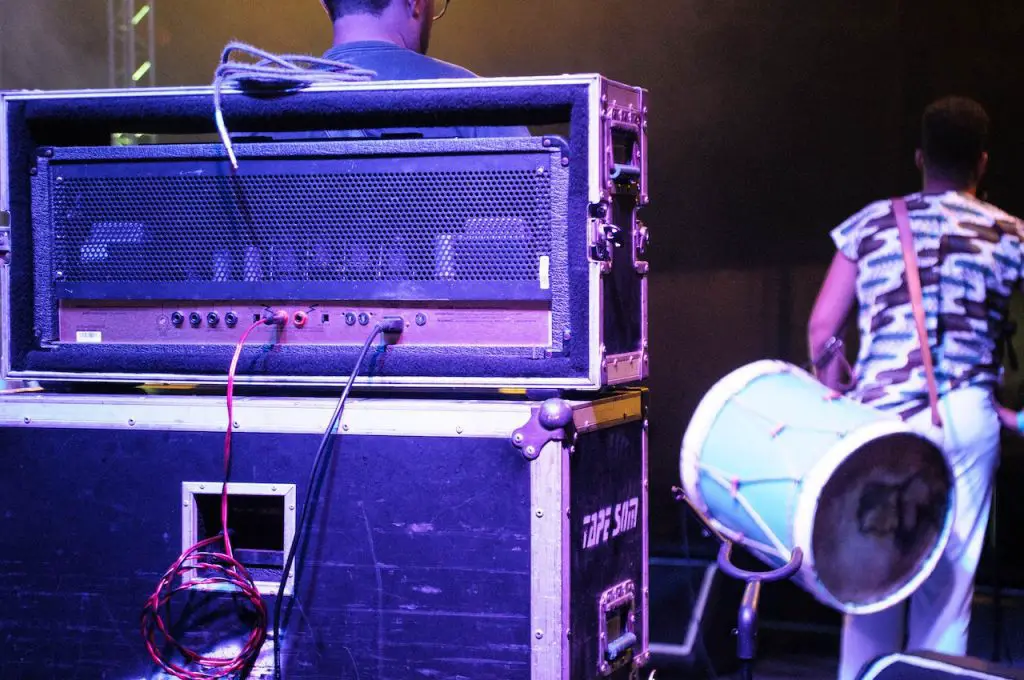
Stereo cable vs. guitar cable
Let’s compare the functionality of a stereo cable and a guitar cable when used on a guitar.
| Aspect | Stereo Cable | Guitar Cable |
|---|---|---|
| Signal Transmission | Designed for stereo audio signals | Designed for mono audio signals |
| Channels | Can transmit separate left and right audio channels | Transmits a combined mono signal |
| Sound Quality | May not provide optimal sound quality for guitar | Optimized for guitar and provides better sound quality |
| Interference | Can be susceptible to interference | Shielded design helps reduce interference |
| Durability | May not be as durable as dedicated guitar cables | Specifically designed for durability in guitar applications |
| Compatibility | Can be used as a temporary substitute in emergency situations | Designed to be compatible with guitars |
Please note that while using a stereo cable for a guitar is possible, it is generally recommended to use a dedicated guitar cable for optimal sound quality and performance.
If you want even more tips and insights, watch this video called “Why Don’t Guitars Use Stereo Cables If They’re Better Than Mono?” from the Traveling Guitarist YouTube channel.
Frequently asked questions (FAQ)
Do you still have questions? Below are some of the most commonly asked questions about using stereo cable on your guitar.
Is stereo better than mono?
Not necessarily; regarding listening, stereo audio is superior. The effect is one of greater breadth, depth, and realism. On the other hand, using stereo in places with more than one speaker, such as bars, cafes, and restaurants, could cause phase cancellation, so mono may be better in some situations. And when discussing recording, particularly for guitars, mono is superior.
What’s better for listening to music: mono or stereo?
When listening to music on headphones, automobile speakers, home stereos, or other typical speakers, stereo is far superior to mono. Of course, it would help if you only used mono when putting up a complex system (like those seen in restaurants and bars), in which case it will be impossible to identify which speaker is on the left and which is on the right.
What’s better for producing music: mono or stereo?
Ideally, you’d create stereo recordings as a producer/mixing engineer. First, however, you should do a shallower dive and approach each instrument individually. Since each instrument uniquely contributes to the mix, it makes sense to have certain instruments in stereo and others in mono.
Conclusion
Using a stereo cable, your guitar and guitar setup will be unchanged, and the signal quality will not be compromised. In reality, it won’t have much of an impact on the signal at all. However, in most situations, guitarists won’t benefit from using a balanced output line like a stereo TRS connector cable. Such jacks are useful for those who need to transmit guitar signals over a great distance, for guitars with stereo-signal output settings, and for recording in a loud studio. So, do you use a stereo cable on your guitar?
And did I cover everything you wanted to know? Let me know in the comments section below (I read and reply to every comment). If you found this article helpful, check out my full blog for more tips and tricks on music production. Thanks for reading, and never stop making music.
Key takeaways
- “Mono” is an abbreviation for “monophonic” or “monaural,” both of which signify “one sound.”
- The term stems from the Greek stereos, which means “solid, substantial, and three-dimensional.”
- Many guitars have a single output jack, but some guitarists choose to install stereo outputs, so they may use two amplifiers or channels at once.
- You may not notice a difference between your instrument’s stereo and mono outputs if you go back and forth between the two.
- Spending a little extra on electric guitar wires might be beneficial even if you already have a cheap instrument, amp, and effects board.



